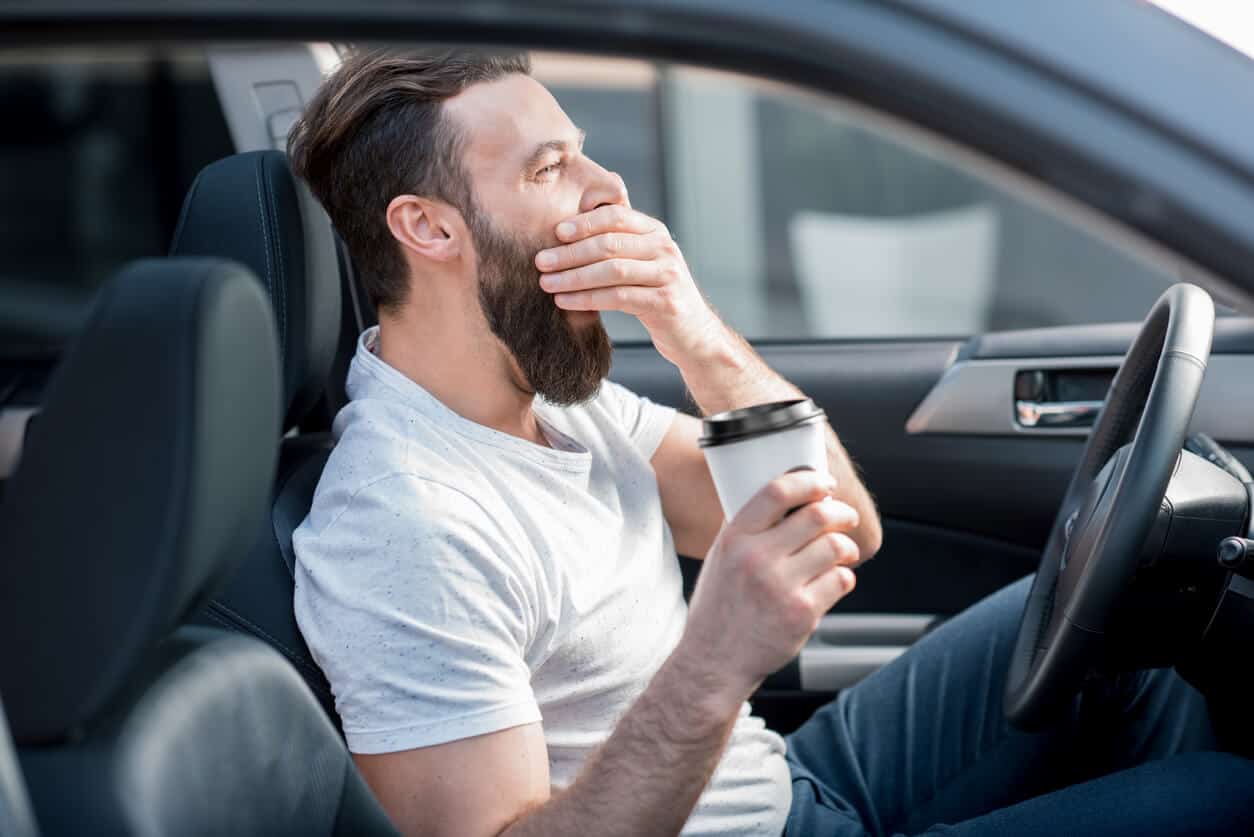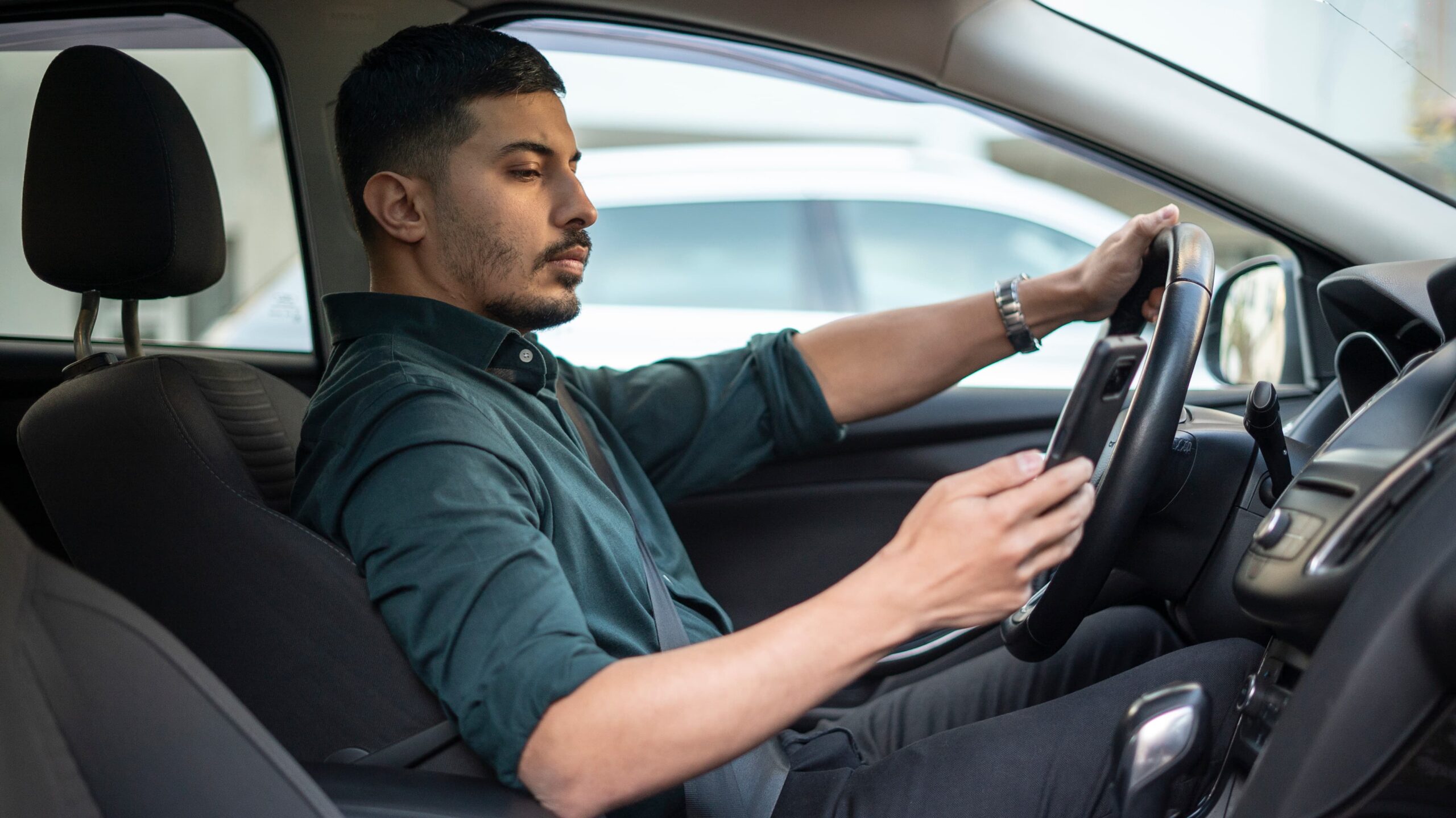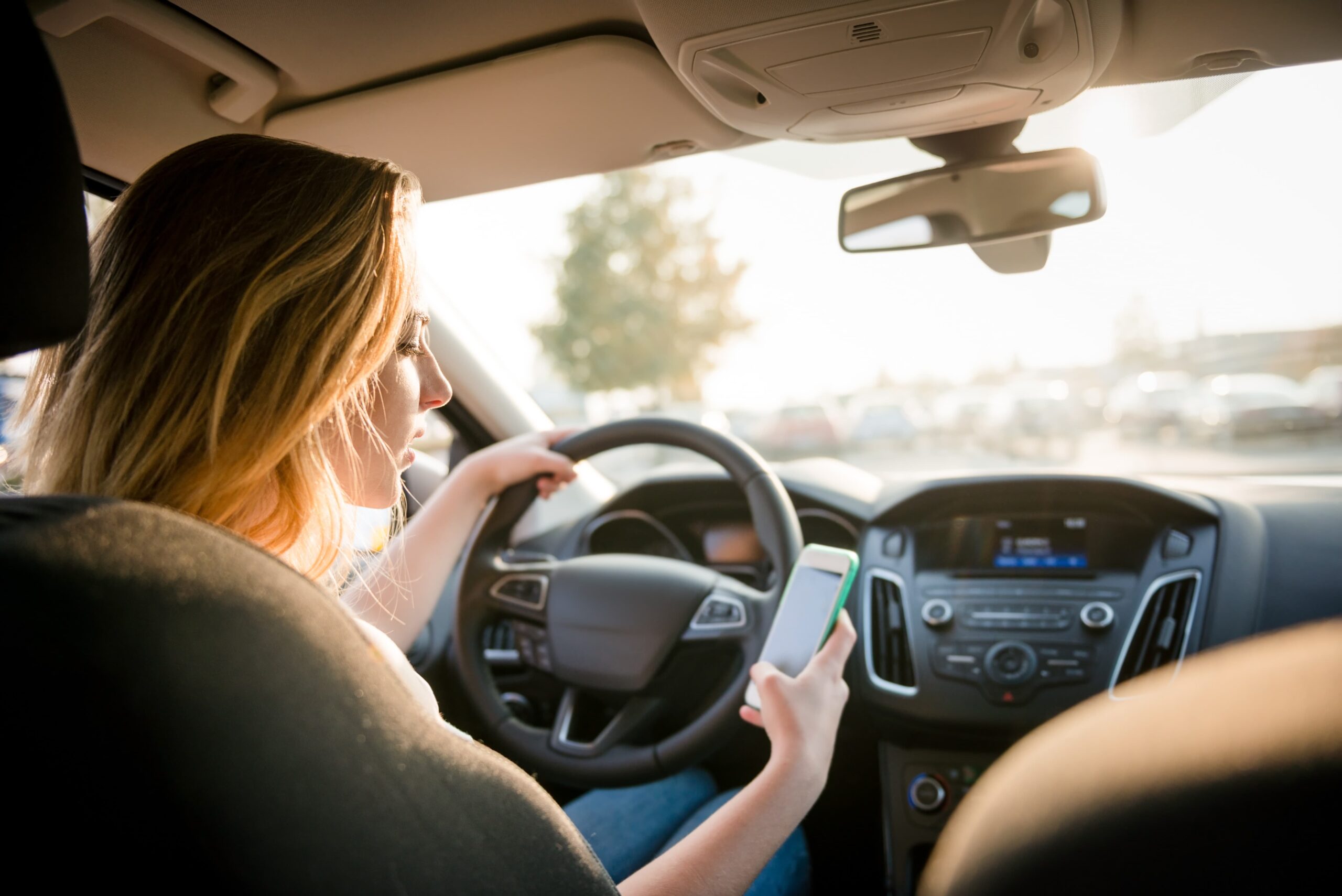Dangers of Drowsy Driving

Drowsy driving is a serious problem in Colorado and throughout the United States. In fact, 1 in 25 drivers admits to falling asleep at the wheel [1]. The National Highway Traffic Safety Administration attributes 72,000 motor vehicle crashes each year to drowsy drivers. Many of these crashes result in injuries and even deaths.
So what can be done about the problem of drowsy driving [2]? Most people know that drowsy driving is dangerous. But the accidents continue. What are your rights if you’re hurt because of a tired or sleep-deprived driver? Can you recover financial compensation if a sleep-deprived driver injures you? Here’s what you need to know from our Denver car accident attorneys.
How Does Lack of Sleep Cause Accidents?
Lack of sleep causes accidents because sleep deprivation impairs regular driving abilities. Lack of sleep may prevent a driver from reacting quickly when a hazard appears on the road. They may pay less attention to the road and their driving than they would under usual circumstances. When a problem arises on the road, their lack of sleep might cause them to exercise poor judgment. Lack of sleep causes accidents by inhibiting a driver’s ability to operate on the road rationally.
Does Sleep Deprivation Cause Car Accidents?
Yes, sleep deprivation causes car accidents. In fact, the National Highway Traffic Safety Administration reports that sleep-deprived driving results in 72,000 car accidents each year[3]. These accidents result in approximately 44,000 injuries each year across the United States. Sleep deprivation causes car accidents because drivers are not able to focus on the roads and react in the same way as they can under normal circumstances.
Is It Safe to Drive With No Sleep?
No, it is not safe to drive with no sleep. In fact, sleep deprivation is a cause of common car accident injuries. Regardless of the reason for lack of sleep, driving with no sleep slows reaction times, prevents drivers from making sound decisions on the road, and can even cause poor driving behaviors like driving in the wrong direction or failing to observe traffic signals. While sleep deprivation affects each person differently, it is not safe to drive with no sleep because sleeplessness impairs regular driving abilities.
Is Driving Sleep-Deprived Illegal?
Yes, driving sleep deprived is illegal. All jurisdictions have laws that prohibit reckless driving. Reckless driving is typically any driving behavior that shows a willful disregard for the safety of others. Driving sleep deprived qualifies as a type of behavior that shows deliberate disregard for others’ safety. If driving sleep-deprived causes an accident, the driver will most likely be cited for reckless driving.
What Are Some Signs of Being Too Tired to Drive?
Some signs of being too tired to drive include:
- Trouble keeping your eyes open
- Yawning
- Having trouble focusing on the road
- Closing your eyes, dry eyes
- Forgetting a turn, exit or direction
- Slowed reaction times
- Paying less attention to your surroundings
- Thinking about sleep
- Irritability
- Drifting out of your lane
Can You Get a DUI for Falling Asleep at the Wheel?
Yes, you can get a DUI for falling asleep at the wheel if you fall asleep because of alcohol or a controlled substance. The question is whether you have illegal substances or alcohol in your system when you fall asleep at the wheel. If you fall asleep at the wheel because of a prohibited substance like drugs, alcohol, or even prescription drugs, you can get a DUI for falling asleep at the wheel.
Drowsy Driving Laws in Colorado
Drowsy driving laws in Colorado fall under Colorado’s reckless driving statutes. Even though drowsy driving is an ongoing problem in the State of Colorado, no law specifically prohibits operating a motor vehicle while tired. However, a driver who operates while tired may receive a citation for reckless driving. Reckless driving is a violation of Colorado Revised Statutes 42-4-1401 [4], a class two misdemeanor.
Drowsy Driving Accident Lawsuit
Drowsy driving can be the basis of a lawsuit. If an accident results from drowsy driving, the driver who chose to get behind the wheel may be liable to the victims for their injuries and losses. The accident victim must prove that the accident resulted from the negligence of the driver. Driving while sleep deprived is an example of negligence.
To win a lawsuit based on a sleep-deprived driver, you must prove that the driver failed to operate their vehicle with the caution that an ordinary, reasonable person would choose to use in the same situation. Typically, driving with too little sleep is an example of a lack of care and caution. It’s up to the jury to decide if the other side is responsible for the accident. However, any driver error that results from drowsy driving is a strong indication of a lack of reasonable care.
Proving a Drowsy Driving Accident Claim
Proving a drowsy driving accident claim means relying heavily on the evidence. You need proof that the other driver was sleep-deprived behind the wheel. For example, perhaps the driver made a statement to a police officer or to another witness that they were too tired when they were driving. Alternatively, you can call them to testify under oath at a deposition and ask them what they were doing earlier in the day and how much sleep they got the night before.
You can talk to witnesses about the driver’s activities. It may be helpful to subpoena their records from work. As the injured victim, you gather all of the evidence that you need to prove that the other side is responsible for the accident. It’s also important to gather evidence to show what damages you have as a result of the crash.
Contact Our Denver Attorneys for Car Accidents
Have you been hurt because of a drowsy driver? Do you need help after an accident that involved sleep deprivation? Our Denver attorneys for drowsy driving accidents want to help you get the compensation that you deserve. We know the intricacies that are at play when an accident involves a drowsy driver. Let us investigate your case and fight for the compensation that you deserve. Call Bachus & Schanker, LLC, for a free consultation about your case.
Sources
[1] Center For Disease Control. Drowsy Driving: Asleep at the Wheel. Data and Statistics.
[2] Tefft, B.C. (2016). Acute Sleep Deprivation and Risk of Motor Vehicle Crash Involvement. AAA Foundation for Traffic Safety.
[3] National Highway Traffic Safety Administration. Research on Drowsy Driving.
[4] C.R.S. 42-4-1401; Reckless driving – penalty






